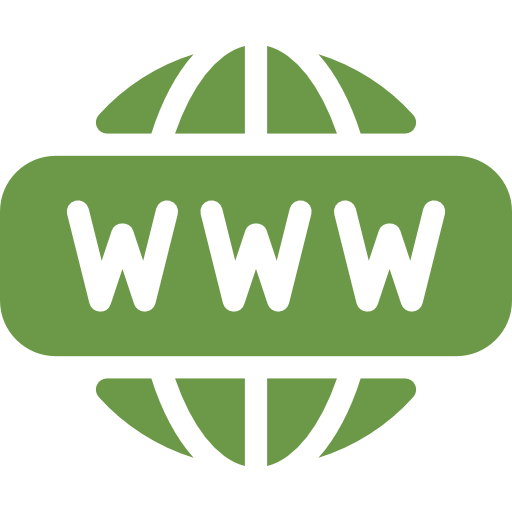Engineering in Canada
Competencies
Competencies
Competencies are skills, knowledge, abilities, motivations or traits that can be observed and measured through actions and behaviors.
Core Competencies
Engineers Canada has identified Here is a table outlining the Core Engineering Competencies, along with their indicators:
~ Engineers are problem-solvers.
Indicators:
A1. Defines the engineering problem to be solved.
A2. Analyses relevant data.
A3. Identifies alternate solutions based on feasibility, technology and economic assessments.
A4. Develops the solution that best meets system requirements and specifications.
A5. Tests the solution to verify that it meets system requirements and specifications.
A6. Evaluates and verifies the practicality and effectiveness of the engineering solution in the environment for which it was designed.
~ Engineers use the right tool for the job.
Indicators:
B1. Evaluates the reliability, effectiveness and limitations of available tools, equipment or technology for solving engineering problems.
B2. Selects the appropriate tool, equipment or technology to solve engineering problems.
B3. Uses, or directs the use of, the appropriate tool, equipment or technology to solve engineering problems.
B4. Verifies that the tool, equipment or technology gave a valid result.
~ Engineers protect the public.
Indicators:
C1. Adheres to all applicable legislation, regulations, codes and standards.
C2. Identifies the impacts of engineering activities, both positive and negative.
C3. Ensures that the positive and negative impacts of engineering activities are assessed.
C4. Assesses safety concerns and risks of engineering activities to identify hazards and potential harm.
C5. Takes action to address safety concerns and mitigate risks.
C6. Shares results of assessments with decision-makers.
~ Engineers manage work effectively.
Indicators:
D1. Seeks clarity of the assigned activities, including identification of constraints such as time, resources, quality or budget.
D2. Develops a work plan to complete work within identified constraints.
D3. Adjusts work plan to respond to changing circumstances that could pose a risk to completing assigned activities.
D4. Keeps stakeholders informed of progress, obstacles and changes to the work plan.
D5. Keeps records of engineering work and decisions.
~ Engineers are communicators.
Indicators:
E1. Tailors communications to the audience.
E2. Communicates engineering information graphically (formal or informal).
E3. Communicates engineering information in writing.
E4. Communications engineering information verbally.
E5. Uses two-way communication to verify own understanding and the understanding of intended audience.
~ Engineers work in teams.
Indicators:
F1. Shares information, knowledge and expertise with others.
F2. Assists other team members when needed.
F3. Considers the input of colleagues at all levels.
F4. Builds consensus among team members.
~ Engineers keep their skills current.
Indicators:
G1. Takes action to address gaps in knowledge, skills and abilities.
G2. Keeps current with the dynamic nature of engineering.
Provincial Regulation
Each provincial and territorial regulator bases their assessment process on these competencies to determine the work experience that is required to become a professional engineer in their region. For each competency, you must write about situations from your engineering work experience and show what you did, how you did it and why you did it. In Nova Scotia, this is completed through the writing of experience records, which are approved by the Board of Examiners.
Core Engineering Competencies
Visit the Engineers Canada Website to read more on the Core Engineering Competencies.
Visit the Engineers Canada Website to download a copy of the Core Engineering Competences.





